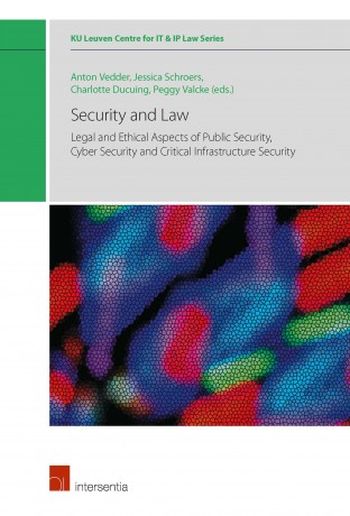
Few people doubt the importance of the security of a state, its society and its organizations, institutions and individuals, as an unconditional basis for personal and societal flourishing. Equally, few people would deny being concerned by the often occurring conflicts between security and other values and fundamental freedoms and rights, such as individual autonomy or privacy for example. While the search for a balance between these public values is far from new, ICT and data-driven technologies have undoubtedly given it a new impulse. These technologies have a complicated and multifarious relationship with security.
This book combines theoretical discussions of the concepts at stake and case studies following the relevant developments of ICT and data-driven technologies.
Part I sets the scene by considering definitions of security. Part II questions whether and, if so, to what extent the law has been able to regulate the use of ICT and datadriven technologies as a means to maintain, protect or raise security, in search of a balance between security and other public values, such as privacy and equality. Part III investigates the regulatory means that can be leveraged by the law-maker in attempts to secure products, organizations or entities in a technological and multiactor environment. Lastly, Part IV, discusses typical international and national aspects of ICT, security and the law.